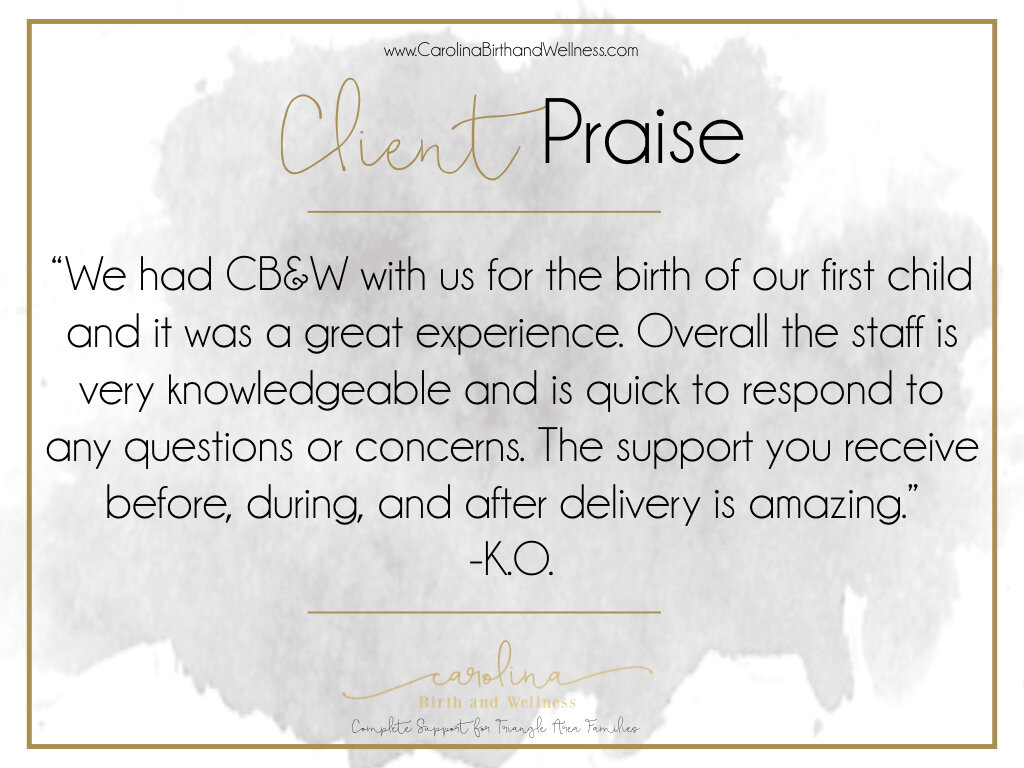Committing to a vegetarian diet can be a step toward living a healthier life. It can be good for helping you manage your weight and it can also reduce the risk of heart disease.
In a survey from Gallup, 5% of US adults identified as vegetarians. However, the numbers tend to increase when you look at younger adults, and it is even becoming a popular choice among children.
If you are the parent to a younger vegetarian, you probably know of the health benefits this diet can have for adults, but you may have concerns about whether this type of diet can provide your child with all of the nutrients he or she may need.
Fortunately, a vegetarian diet can be just as healthy for a child as it is for an adult. With that being said, you will need to take some care to make sure all of your child’s nutritional needs are met.
What Type of Vegetarian?
Before you start working on a vegetarian diet for your child, it is important to understand that there are different types of vegetarians. Depending on the type of vegetarian, it might not be as hard to make sure all of their nutritional needs are met.
Lacto-ovo vegetarian: This type of vegetarian will not eat meat, poultry or fish, but they will eat eggs and dairy.
Lacto vegetarian: With a lacto-vegetarian diet, you do not eat eggs, meat, poultry or fish, but dairy is an acceptable part of the diet.
Ovo vegetarian: This means no meat, poultry, fish or dairy, but they will eat eggs.
Vegan: This is a strictly plant-based diet
It is also important to note that some people are semi-vegetarians. These are people who eat a mostly vegetarian diet, but they may eat meat occasionally or they have cut out red meat and just have poultry or fish as a part of their diet.
Nutrients to Watch
If your child is to be a healthy vegetarian, you are going to need to find ways for them to get the nutrients that would come from animal products in most other diets. The more restrictive forms of vegetarianism will require more attention, but it is possible to get all of the nutrients you need from this type of diet.
One of the first things you will need to account for is protein. For children who still eat dairy and eggs, protein won’t be as much of a problem. For plant-based sources of protein, you could look to soy products like tofu. Along with that, beans and nuts can be good sources of protein.
Getting enough calcium and vitamin D can also be an issue for some vegetarians. Obviously, if your child still eats dairy, calcium won’t be as much of an issue. Beyond that, consider things like broccoli, beans and dark leafy vegetables. You could also look for products that are fortified with calcium and vitamin D to make sure your child’s dietary needs are met.
Vitamin B12 is another nutrient that can be a concern for vegetarian diets. If your child is not eating eggs or milk, you will need to find fortified products that contain B12. You might also want to talk to your child’s doctor about giving the child a B12 supplement.
In most diets, meat is the primary source of zinc. If your child is a vegetarian, try to introduce things like nuts, seeds, whole grains and beans to the diet. Fortified cereals can also be a good option for adding zinc to your diet.
You won’t have a hard time finding plant-based foods that are rich in iron. However, there is a difference between the iron you get from meat and the iron you get from plants. The body does not use the iron from plant-based foods as efficiently, so you will need to make sure to get more of it.
Focus on Variety and Quality
Even a vegetarian diet can be unhealthy if you are not getting enough variety or if you are eating low-quality food. In fact, variety and quality are more important because you have to make up for some of the nutrients that would otherwise come from meat and other animal products.
If your child is eating a strict vegetarian diet, you can’t allow them to get hooked on one food that they happen to like a lot. You need to make sure they are getting plenty of fresh fruits and vegetables. You should also look to introduce beans, nuts and seeds.
You also need to keep a close eye on junk food. Technically, French fries and some cakes can be a part of a vegetarian diet, but they won’t do much to help your child meet his or her nutritional needs. Some treats are ok, but you need to look at each snack and each meal as an opportunity to make up for some of the deficiencies that may come from not having meat in your child’s diet.
As a parent, it is your responsibility to make sure your children eat well and that they get all of the nutrition they need. While a vegetarian diet can be a healthy choice for children of all ages, it will mean that you need to put a little more thought and more work into planning his or her meals.









